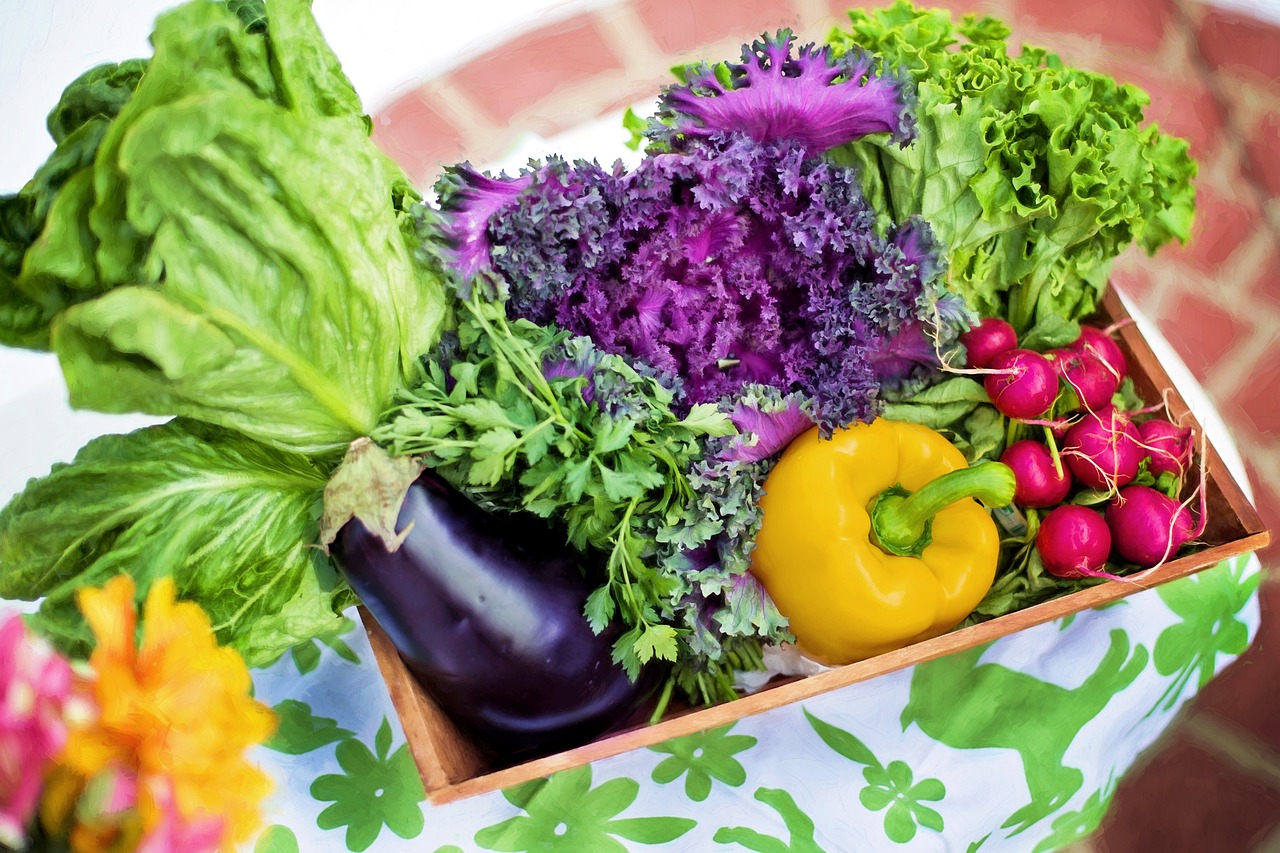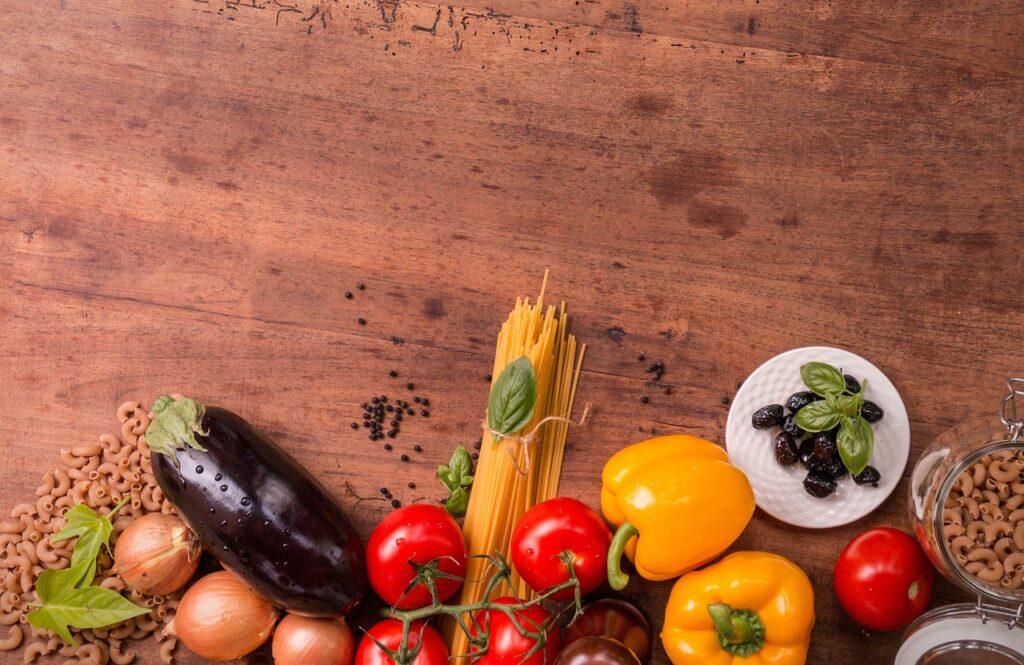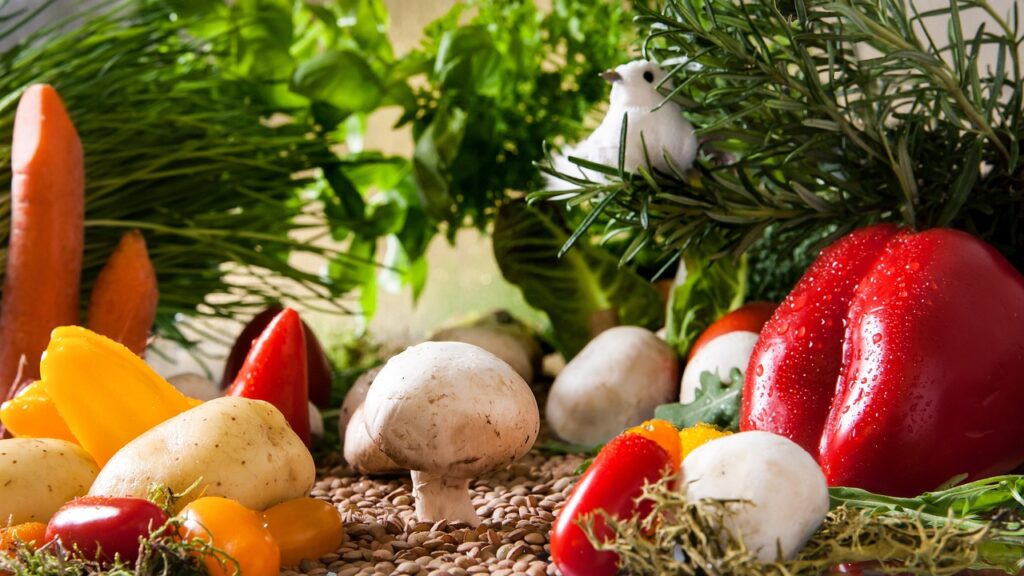Hey eco-conscious eaters! Ever wondered about the journey your food takes from the farm to your plate? Let’s embark on a green adventure and explore “From Farm to Fork: The Environmental Impact of Raw Food Choices.”
The Green Beginnings: Raw Foods and Reduced Carbon Footprint
Choosing raw foods often means embracing a diet centered around fruits, vegetables, nuts, and seeds. Unlike processed and heavily packaged foods, raw ingredients generally require less energy to produce, contributing to a reduced carbon footprint. It’s like taking a gentle stroll on the planet, leaving behind a lighter ecological mark.
Minimal Processing, Maximum Impact
Raw foods are the minimalists of the culinary world. Minimal processing means fewer industrial steps, less energy consumption, and a smaller environmental impact. When you opt for raw, unprocessed ingredients, you’re essentially saying no to the resource-intensive processes that often accompany conventional food production.
Supporting Local Agriculture: A Win for You and the Planet
Ever think about the miles your food travels to reach your plate? Raw food enthusiasts often gravitate towards local, seasonal produce. By supporting local agriculture, you’re cutting down on transportation emissions and fostering a more sustainable food system. It’s like giving the environment a high-five every time you shop.
Bypassing Food Waste: Raw Food and the Art of Preservation
Food waste is a colossal environmental issue, but raw foods offer a silver lining. With minimal cooking and processing, raw ingredients often have a longer shelf life, reducing the likelihood of spoilage. Plus, creative raw recipes can turn those slightly bruised fruits into a delicious smoothie, minimizing waste and maximizing taste.
Embracing Biodiversity: Raw Food and Ecosystem Harmony
Raw food diets tend to celebrate biodiversity. Think of the rainbow on your plate – a medley of colorful fruits and veggies, each bringing its unique set of nutrients. Embracing biodiversity in our diets contributes to healthier ecosystems, supporting a variety of plant species and, in turn, the creatures that rely on them.
Sustainable Water Use: Hydration the Raw Way
Water is a precious resource, and raw food choices can be a sustainable approach to hydration. Many raw fruits and vegetables have a high water content, meaning you can stay hydrated while reducing the environmental strain associated with bottled beverages. Hydrating the raw way is like a refreshing sip for you and the planet.
Closing the Loop: Composting and Raw Food Scraps
The journey doesn’t end with your plate; it continues with composting. Raw food scraps, like peels and cores, can be transformed into nutrient-rich compost for your garden. Closing the loop in this way minimizes landfill waste and enriches the soil for future crops.
Choosing Sustainable Packaging: A Raw Deal for Plastic
Packaging matters, and raw food enthusiasts often opt for sustainable alternatives. From reusable produce bags to glass jars, choosing packaging with minimal environmental impact is a conscious decision that supports a healthier planet.
Wrapping It Up: The Green Choice is on Your Plate
And there you have it – “From Farm to Fork: The Environmental Impact of Raw Food Choices.” By choosing raw foods, you’re not just making a tasty choice for yourself; you’re making a green choice for the planet. So, let’s keep embracing the beauty of raw, celebrating the Earth with every delicious, eco-friendly bite!
Sustainable Living Exploration:
- Mindful Eating and Sustainability: The Connection between Food Choices and the Planet
- Community Supported Agriculture (CSA): A Sustainable Approach to Raw Eating
- The Impact of Water Footprint: Hydration Choices in a Raw Lifestyle
- Reducing Energy Consumption: Smart Kitchen Practices for Raw Food Enthusiasts
- Ethical Sourcing: Choosing Fair Trade and Sustainable Raw Ingredients
- Seasonal Eating: The Environmental Benefits of Aligning Your Diet with Nature
- Gardening for Raw Food Enthusiasts: Growing Your Ingredients at Home
- Eco-Friendly Packaging: Making Conscious Choices for Raw Food Storage
- From Farm to Fork: The Environmental Impact of Raw Food Choices
- Zero-Waste Kitchen: Tips for Minimizing Food Waste in a Raw Food Lifestyle



